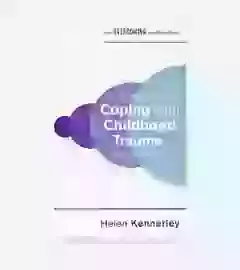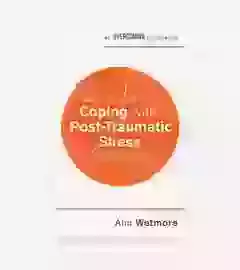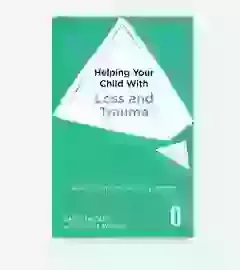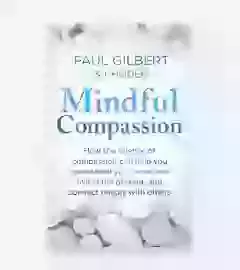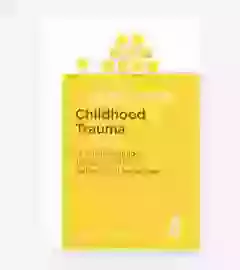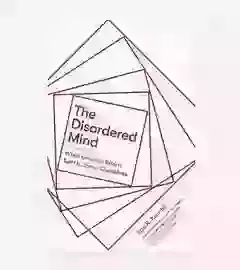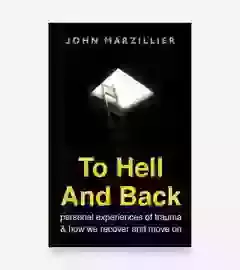How is Traumatic Stress manifested?
Reactions following trauma can be divided into three main symptom groups:
Re-experiencing the event (intrusive reactions)
- Flashbacks
These are intrusive memories that are experienced as the traumatic event happening all over again; they can occur during waking hours or be experienced as dreams or nightmares during sleep. Flashbacks can be extremely disturbing, as all the physical sensations associated with the trauma are usually experienced again
- Intrusive recollections
Not all individuals will experience flashbacks, although most people will have trouble switching off their recollections of a traumatic event. Simple things in daily life (for example being pushed in a crowd) can become triggers that subconsciously set off a train of traumatic associations
Arousal reactions
- Sleep disturbance
Disturbed sleep is the after-effect most commonly reported by people who have experienced trauma and manifests itself in various ways, including heavy sweating, nightmares or recurring dreams, and waking in the early morning
- Bad temper and lack of concentration
Increased adrenaline often impacts the sufferer's mood and they may find themselves becoming very negative, argumentative or easily irritated
- Hyper-alertness and exaggerated concern for safety
Sudden and dramatic trauma can result in increased awareness of environment - a continual assessment of potential danger. Being on such constant 'red alert' can also be extremely draining
- Exaggerated startle response and panic attacks
Sudden noises and unexpected movements may startle sufferers severely, resulting in feelings of nervous agitation, shakiness, light-headedness, or even a full-blown 'panic attack'. Panic attacks can occur seemingly without warning, producing symptoms such as shortness of breath or hyperventilation, severe chest pains, dizziness and faintness; they are quite terrifying but can be tackled and managed with the right approach
Avoidance reactions
- Avoidance behaviour
Avoidance behaviour translates as avoiding any person, place or thing that may be a reminder of the trauma, in particular, anything that may have already served as a 'trigger' for anxiety or overwhelming feelings
- Emotional numbness
Another form of avoidance behaviour, although much less easy to identify, is emotional numbness. The traumatized person may feel as though the 'feeling' part of them has been removed; this can affect their capacity to laugh, feel happy, or even cry
- Alienation, disconnection and difficulty with intimacy
A difficulty in getting close to, or communicating with, other people. Feelings of detachment or disengagement are common, while some may also find themselves unable to cope with physical intimacy
- Alcohol, drugs and comfort eating
Some people use alcohol or drugs to escape or block out painful reactions connected to their trauma, while others use comfort eating as an alleviation
Other Reactions Following Trauma
In addition to the common reactions above, people who have experienced trauma may also find themselves affected by:
- Depression and traumatic grief
It is very common for those who are grieving to go through a stage of depression, although some find it difficult to emerge from this, instead of sinking further into depression. Symptoms can include feelings of negativity and worthlessness, and overwhelming fatigue
- Guilt and self-blame
Many people take personal responsibility after a traumatic event, blaming themselves for all or part of the incident, or feeling guilty for surviving when others didn't
- Decreased self-esteem and loss of confidence
Self-blame can lead to feelings of worthlessness and very low self-esteem. While it is likely that many of these symptoms will be present immediately after a traumatic event, for most people they usually subside during the next few days or weeks. If your reactions do not subside but instead recur repeatedly, this is indicative of a post-traumatic stress reaction
Post-Traumatic Stress Disorder (PTSD)
Post-traumatic stress disorder is the term given to a particular range and combination of the above reactions following trauma. The diagnosis will depend on how many reactions you are experiencing, and how frequent, severe and disabling they are to you.



